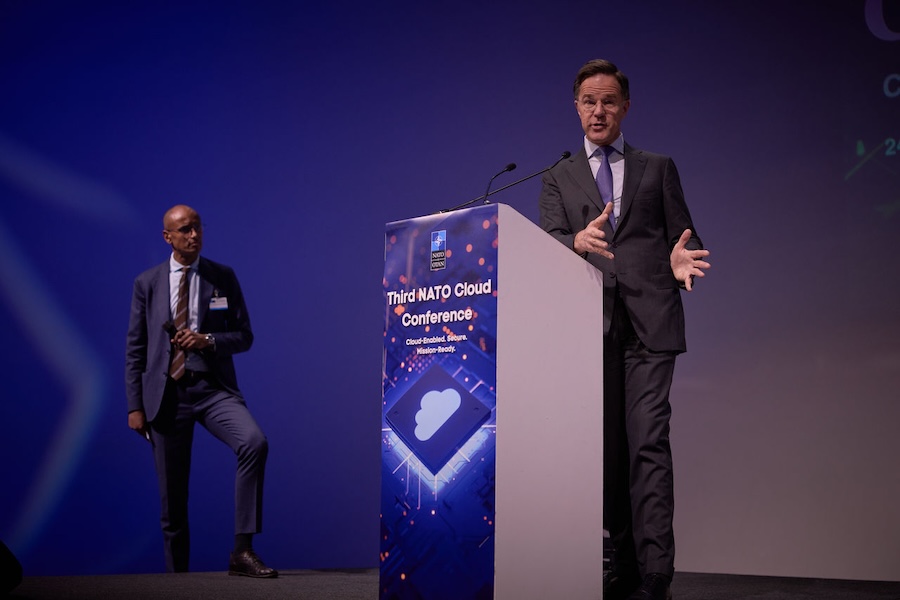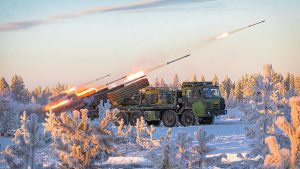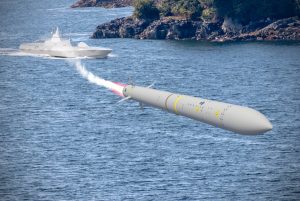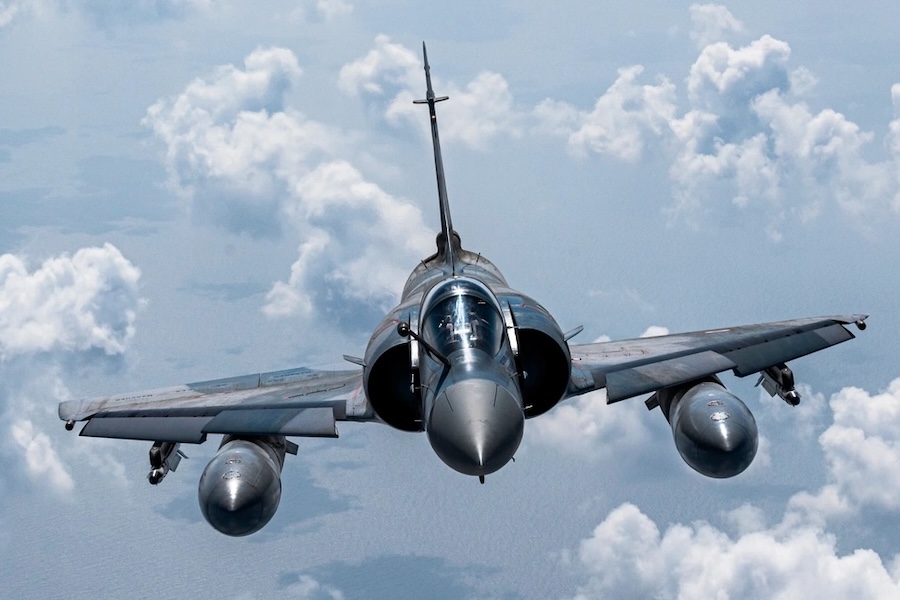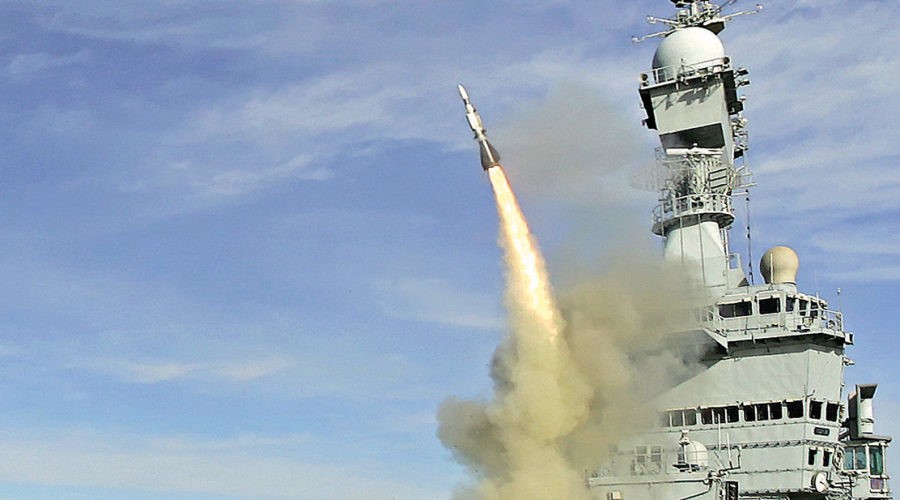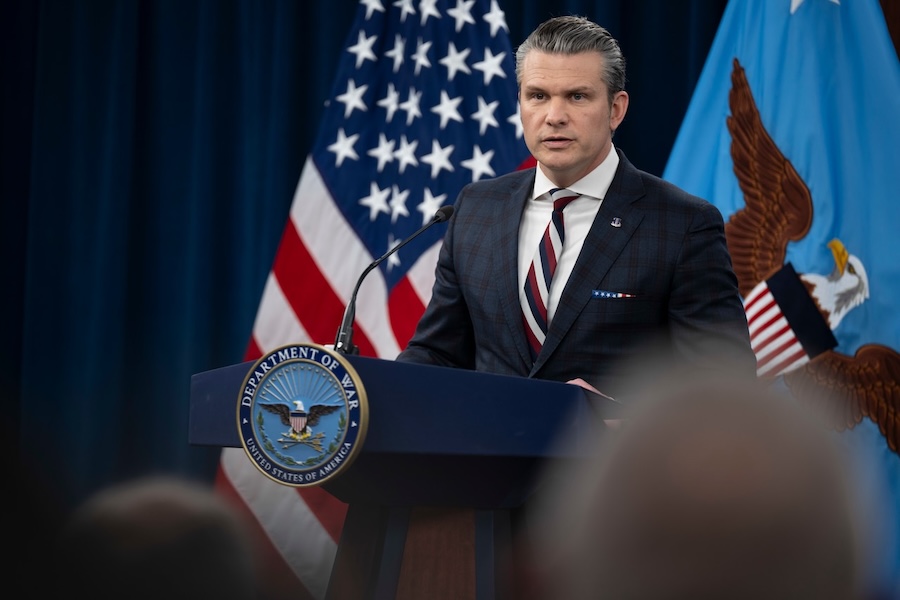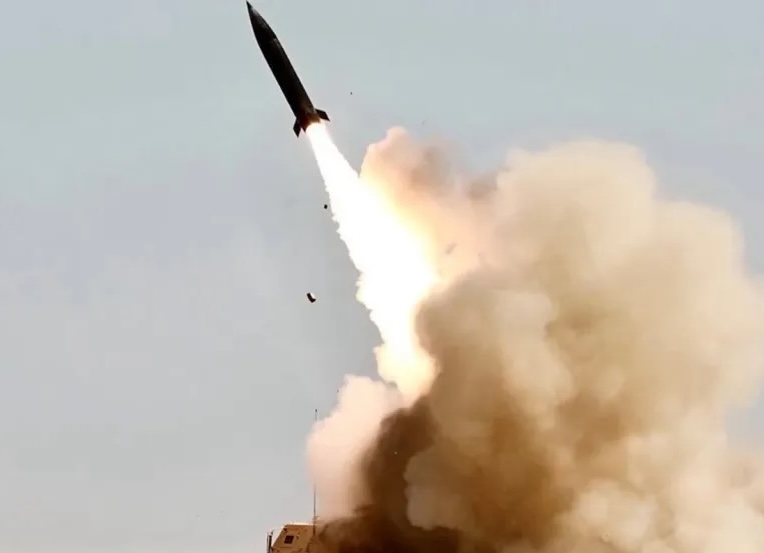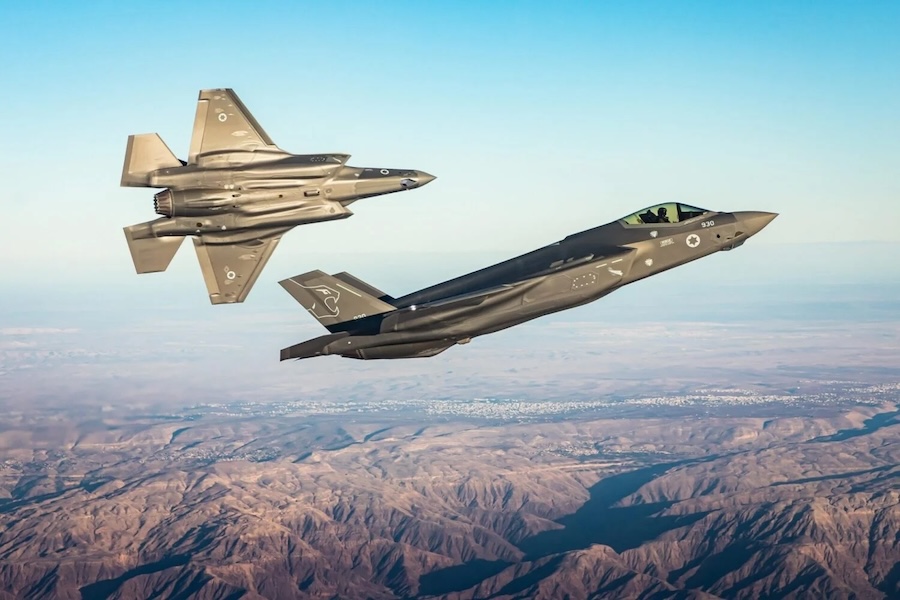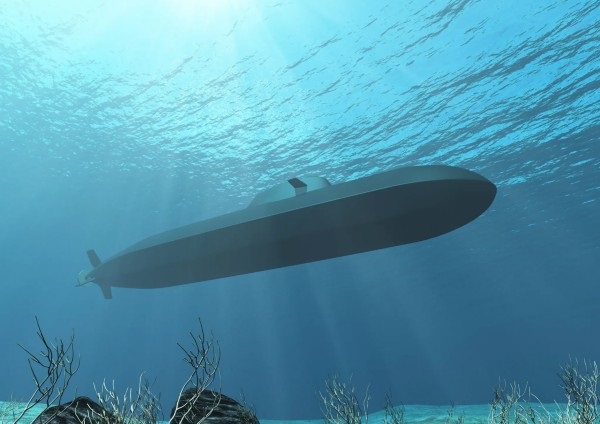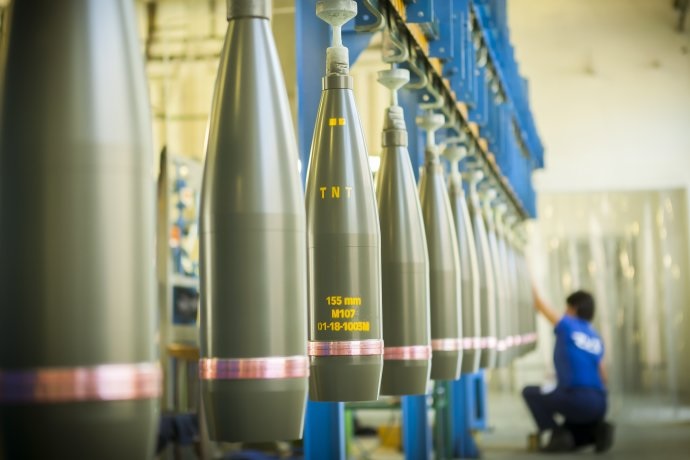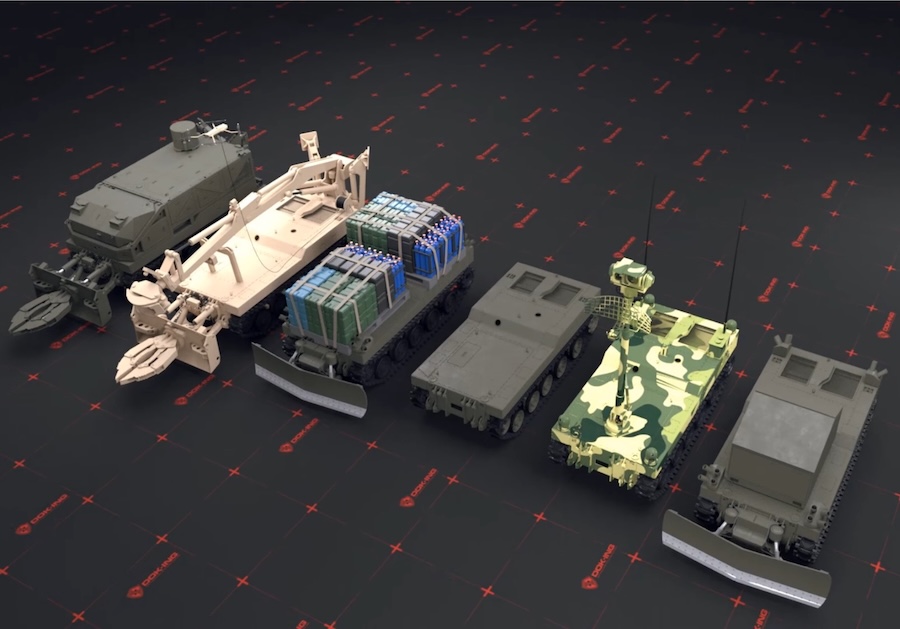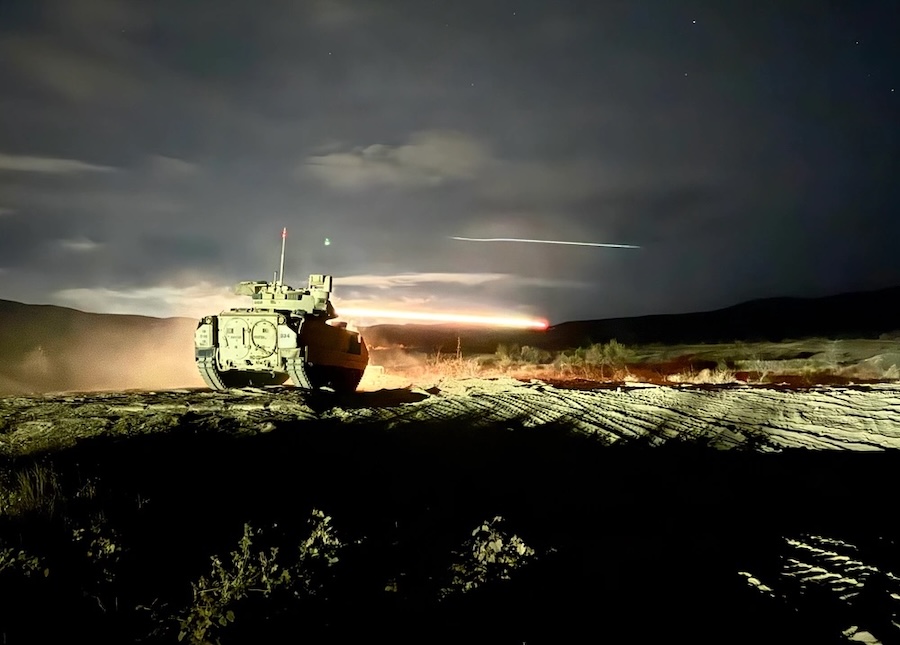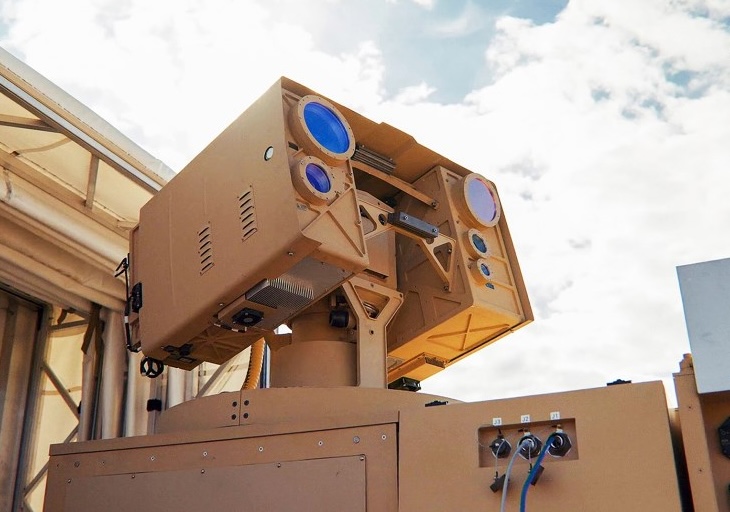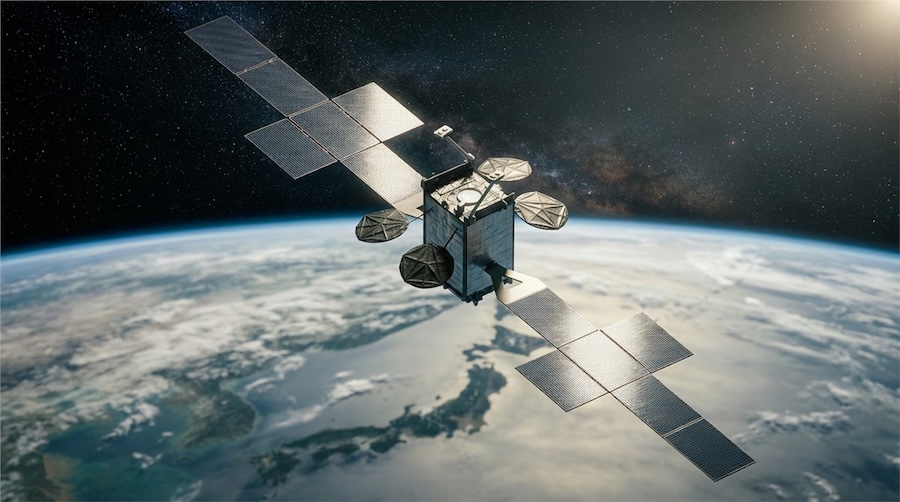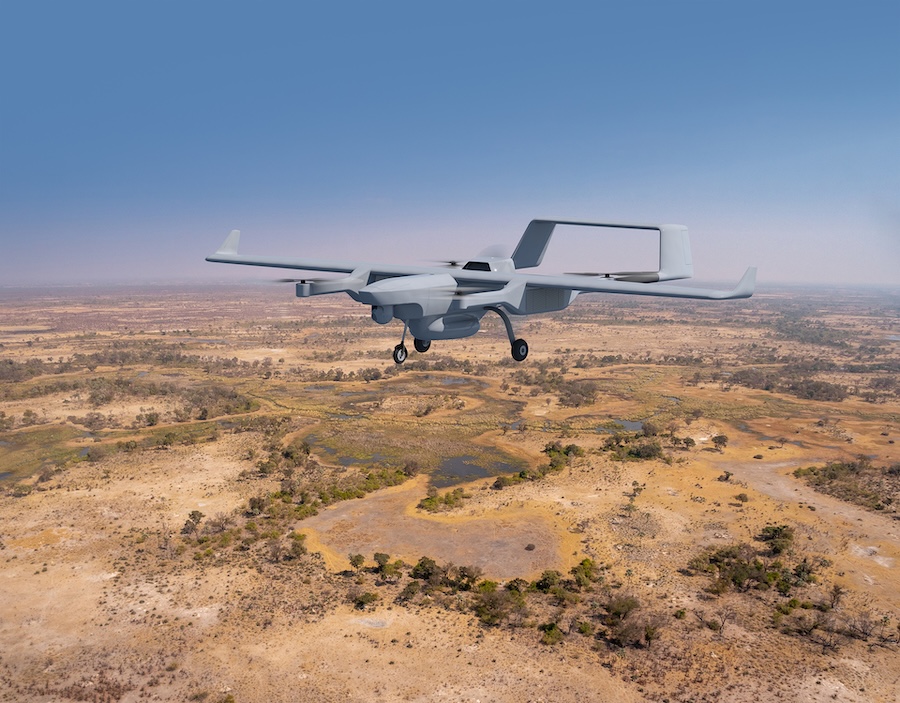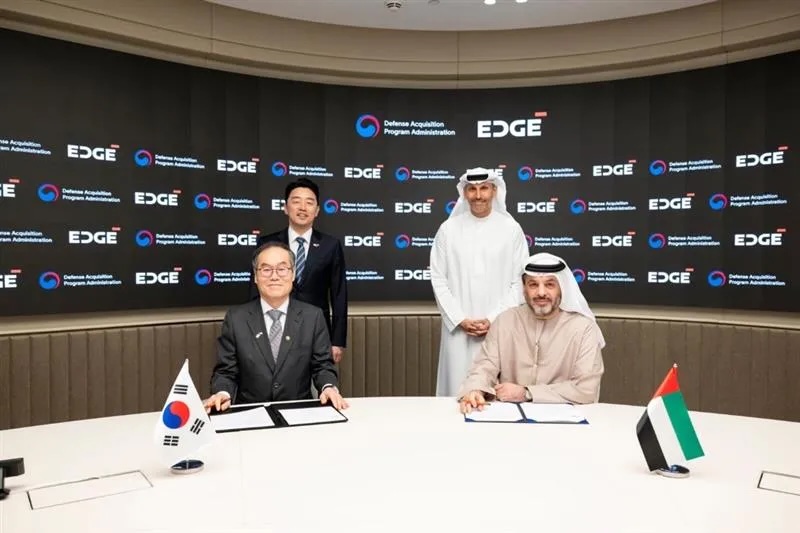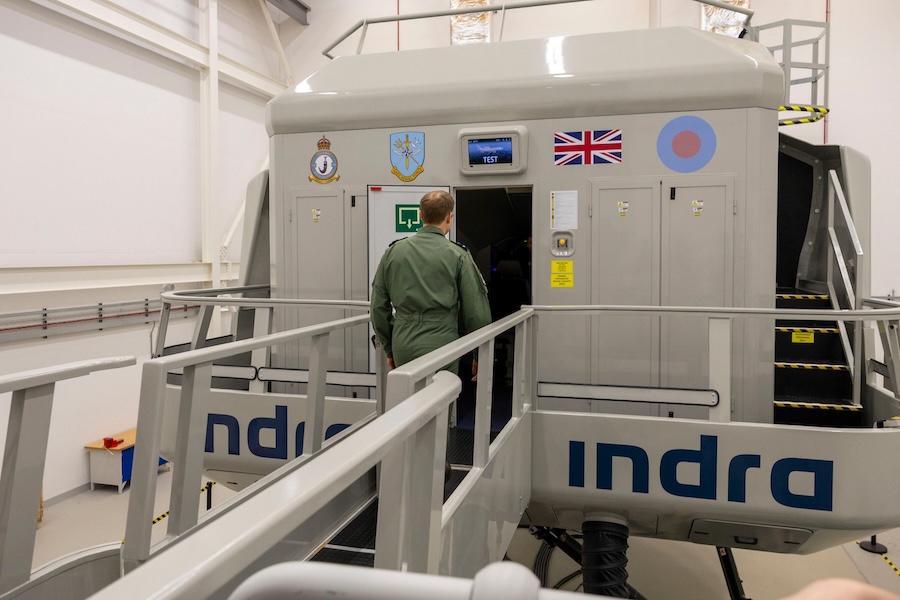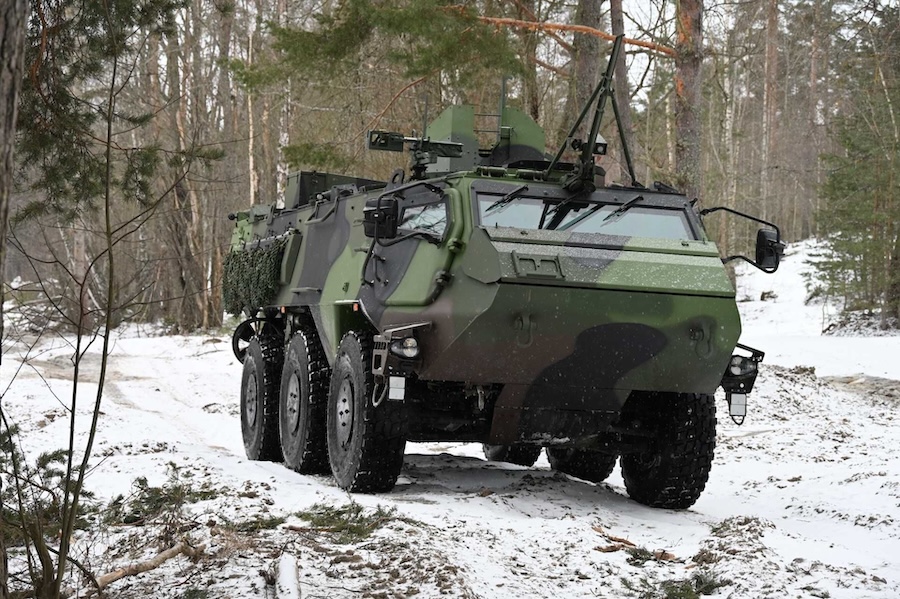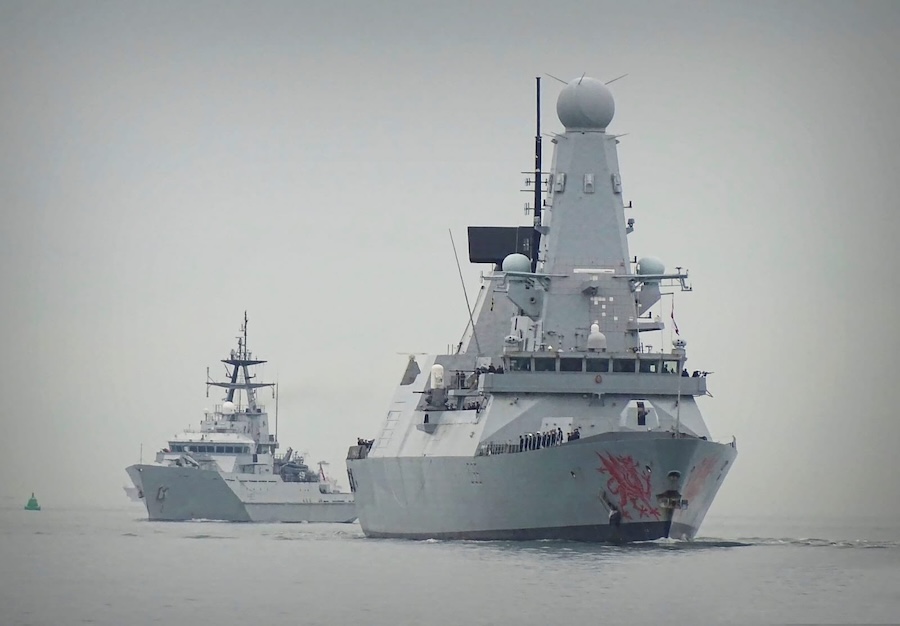Speaking to 500 participants from governments, industry and academia across the Alliance and partner nations, he underlined the need for deeper cooperation as threats from Russia, China, North Korea and Iran continue to grow. Warning that adversaries are advancing in AI and quantum computing, he added, “We must accelerate cloud adoption – or we will fall behind,” urging firm progress on NATO’s Cloud and Edge Computing Policy and Project ACE.
Rutte pointed to Ukraine’s rapid migration to cloud systems to limit the impact of Russian attacks as an example of effective digital adaptation. He said decisions taken at the Summit in The Hague, including the goal of spending 5 per cent of GDP on defence by 2035, create an opportunity to invest in cyber defence, AI and cloud technologies.
He addressed concerns about digital sovereignty by arguing for a balance between national control and shared capabilities. Praising the military benefits of cloud scalability and edge computing’s speed, he reinforced NATO’s push for resilient digital tools and closer cooperation among Allies.


